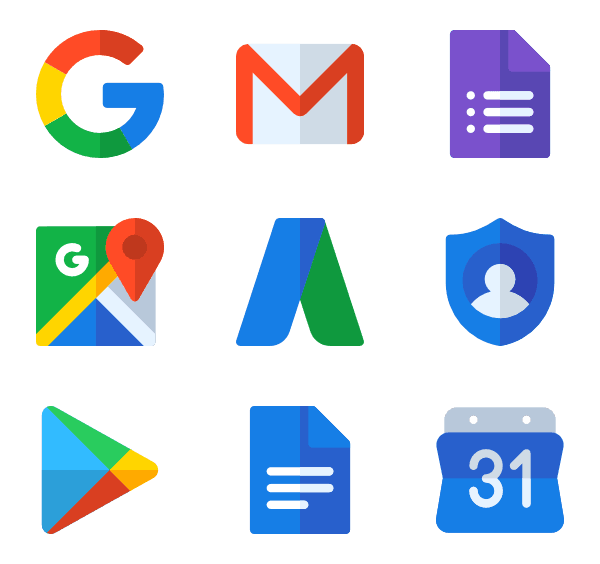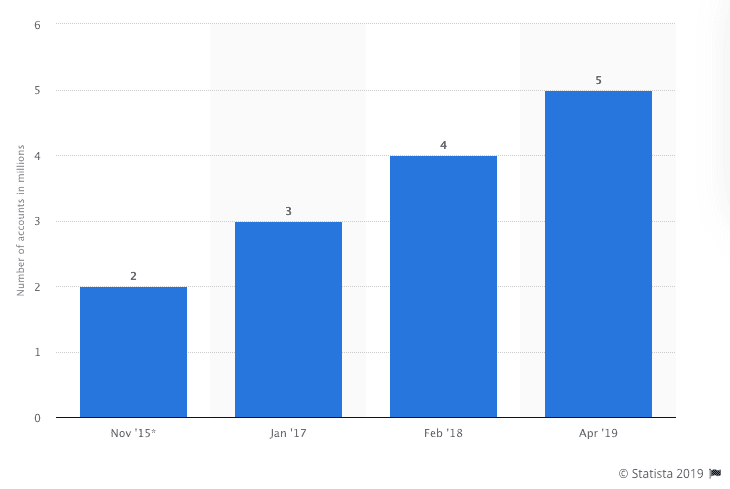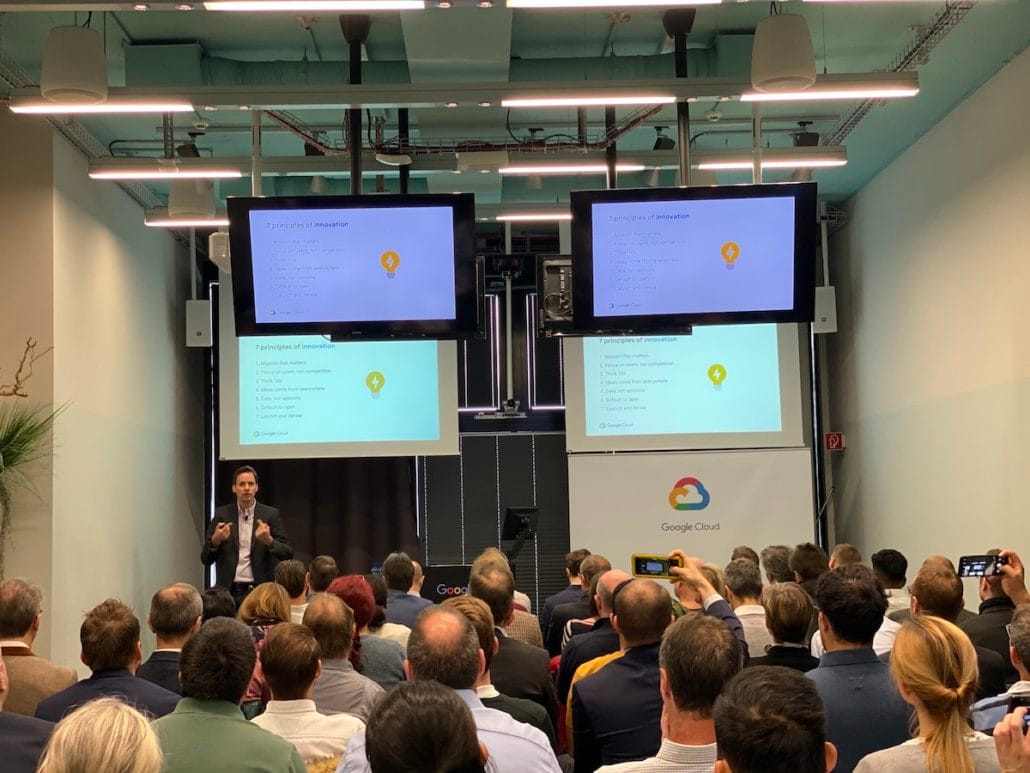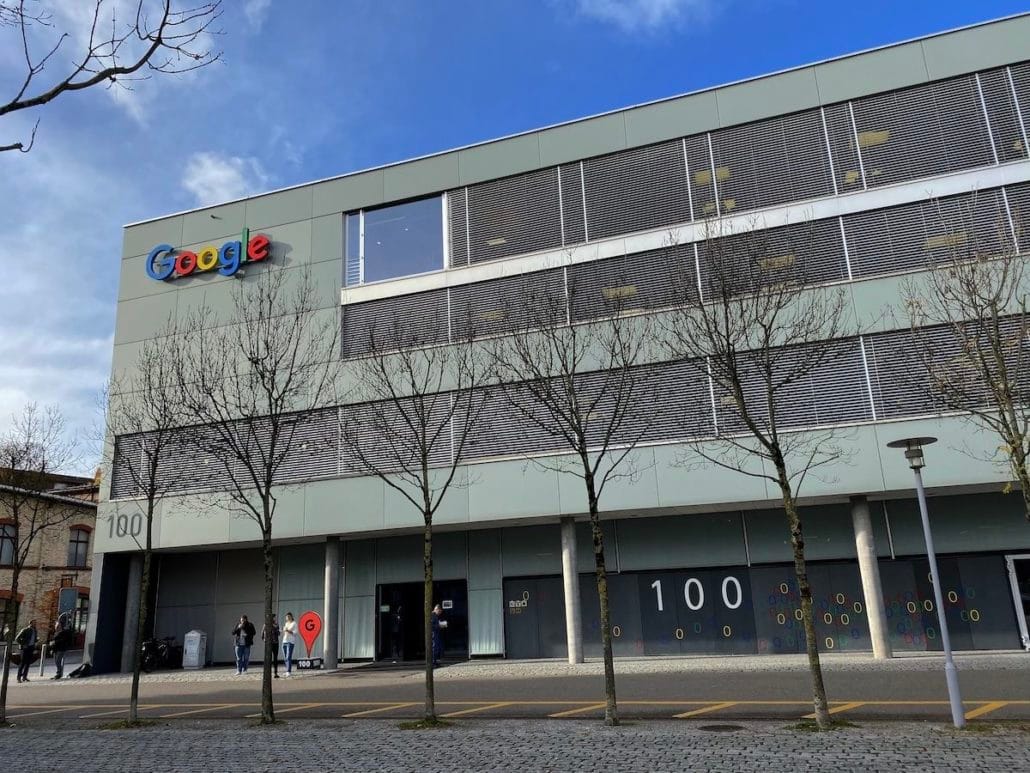Last week I was invited to attend a Google Cloud event in Zürich about the building blocks of digital transformation culture. The event was targeted towards IT managers and executives who want to understand how to reinvent themselves in the course of digitalization.
The way we share information and build relationships with partners, suppliers and customers is changing dramatically. Apart from agility and a feel for new business models, it is above all our coworkers who are critical to a company’s success.
Generation Z
«Generation Z», already the source of fierce competition for tomorrow’s talents, expects not only flat hierarchies, but also smart processes, cross-company networking and state-of-the-art collaboration tools. Features based on artificial intelligence such as voice control, chatbots and virtual assistants enable a further quantum leap within this application landscape and thus provide a competitive edge.
The event covered topics like establishing an innovative culture and how the right tools can help you to achieve this in a secure and compliant way with minimal administrative effort.
Google G Suite

By right tools Google of course refers to G Suite, a set of collaboration tools most of us will already have worked with, i.e. Gmail, Google Docs, Google Drive, Google Calendar, Google Meet, etc., but for business and enterprise users. At Openstream we’ve been using Google G Suite since 2006 when it was still called Google Apps for Your Domain, while the premium version of the product was still being developed. According to Wikipedia, as of January 2017, G Suite had 4 million paying businesses, and 70 million G Suite for Education users.

7 Principles of Innovation
Google Enterprise lead for Switzerland, Austria and Germany, Pascal Specht-Keller, elaborated on the 7 principles of innovation in his very well presented morning keynote.

- Mission that matters
- What’s your mission statement?
- Google’s mission is to organize the world’s information and make it universally accessible and useful
- Focus on users, not competition
- Be useful & relevant
- Provide valuable products and services
- New solution for old problems or new problems not yet solved
- Protect users
- Strong privacy standards and practices
- Collection of information is transparent
- Meaningful choices to protect privacy
- Responsible steward of the info you hold
- Be useful & relevant
- Think 10x
- Disruption vs incremental
- Improve things 10 times, not by 10%
- Forces you to think outside of the box
- Diverge & converge
- First generate as many ideas as possible
- Then refine and focus on the best options
- Never fear to fail
- Test and iterate
- Disruption vs incremental
- Ideas come from everywhere
- 20% project: Time for coworkers who want to pursue project outside of their core jobs
- Area 120: Internal incubator with the support of Google’s infrastructure
- Data, not opinions
- Data beats opinions
- Measure constantly
- Make data accessibly
- Use data, not brute force for consensus
- Default to open – share everything you can
- Transparent objectives & progress report: TGIF every week
- Transparent product development
- Product vision shared internally
- Access to beta: dogfooding
- Create space for collaboration: micro-kitchen, open spaces, etc.
- Launch and iterate
- Think 10x
- Start small
- Learn fast
- Be able to fail gracefully
After the keynote and a short break, there were 4 breakout sessions in 2 tracks.
I also liked Finn Toner’s presentation about the typical mistakes made on the journey to a digital transformation culture. He has a psychology background and is in charge of Google customer culture and change.
After a buffet lunch at Google’s office and an interesting conversation with another attendee and entrepreneur from Austria, Nurit Soni, I headed back to the Openstream office in Zürich’s District 5 to meet Ansgar Wollnik who recently joined Adobe as Magento Commerce Evangelist and Enterprise Sales Executive. He will be speaking at the first Magento Meetup in Q1/2020.
I’d like to thank Jeremy Rome from Google for reaching out. It was an inspiring morning with many inputs for optimizing the digital transformation culture at Openstream and for our own clients. The slides haven’t been made available to attendees so far, but if they will, I will add a new section to this post. Leave a comment if you want to get notified in case they will be added.
